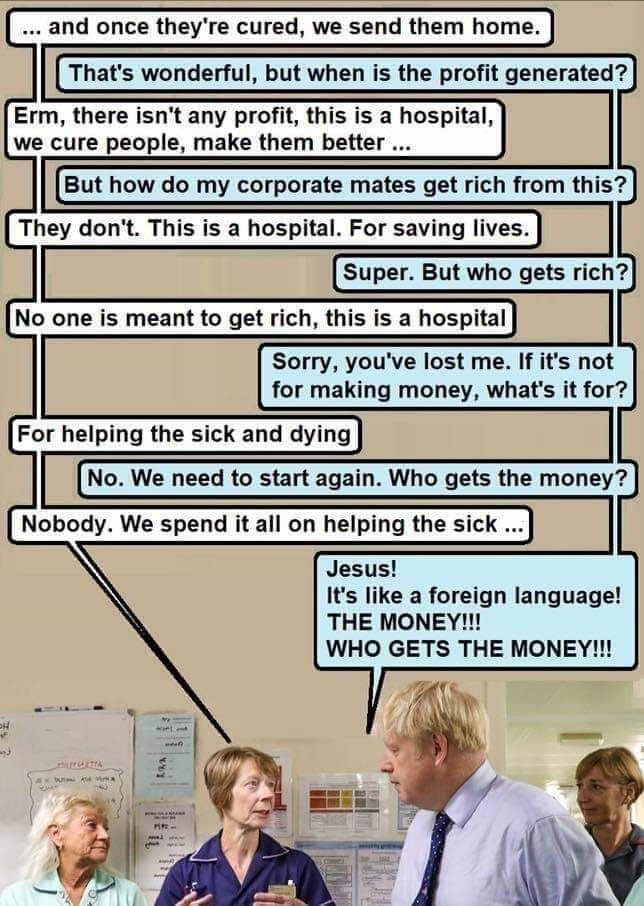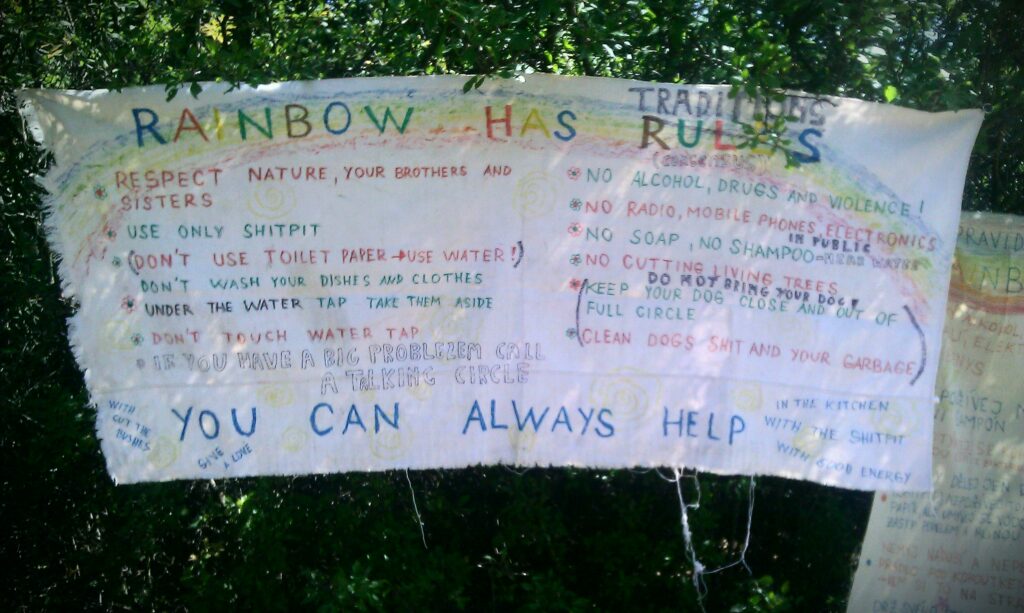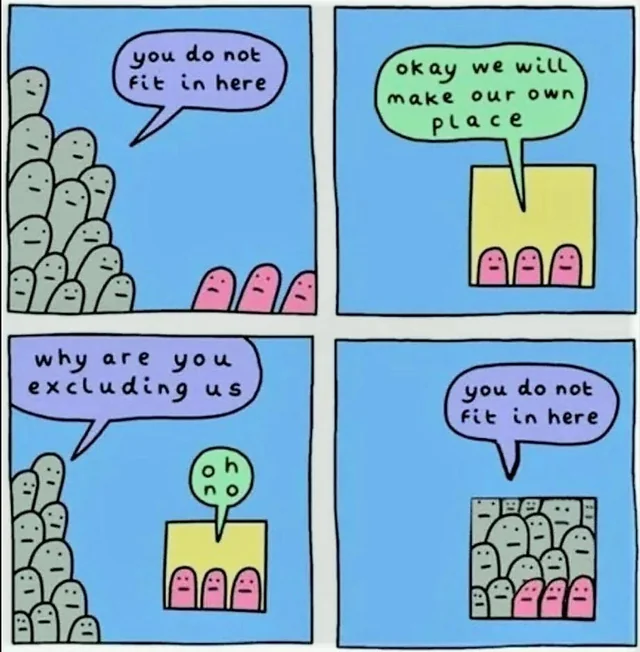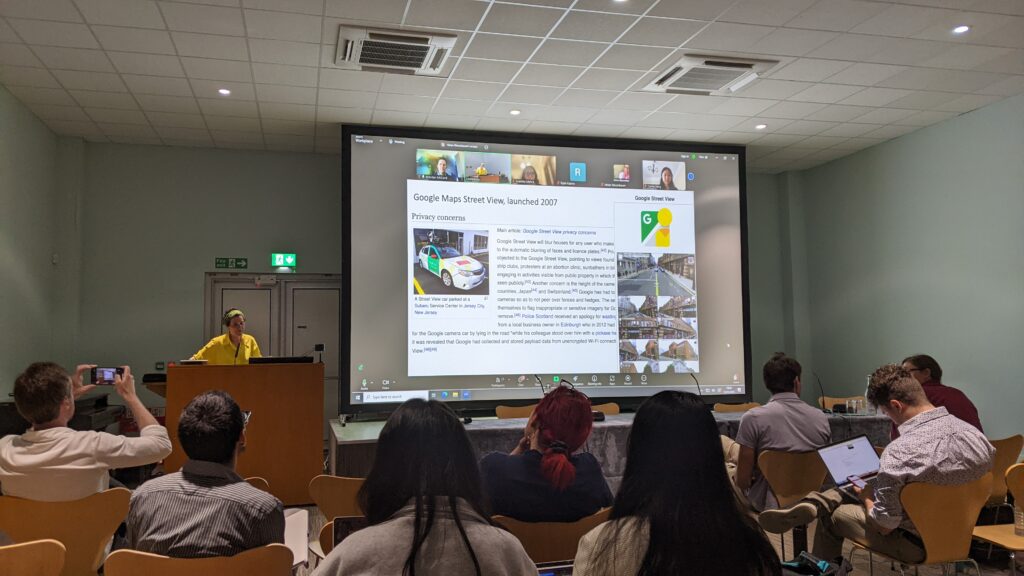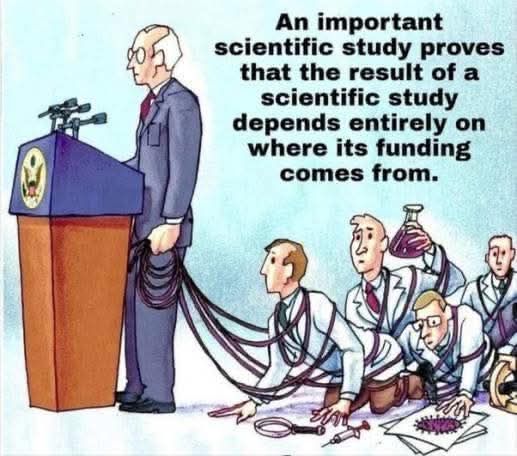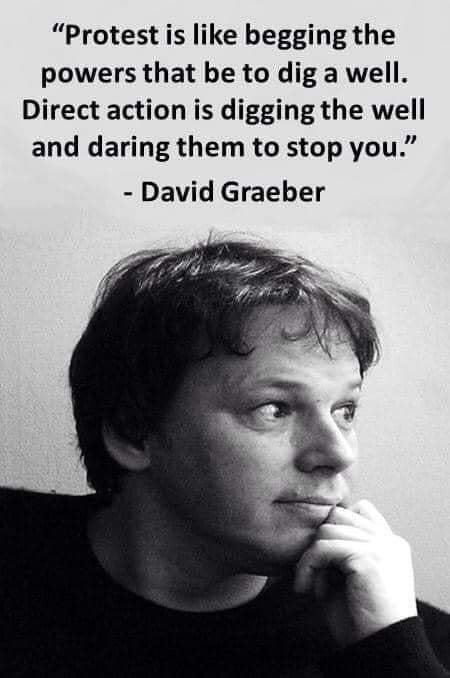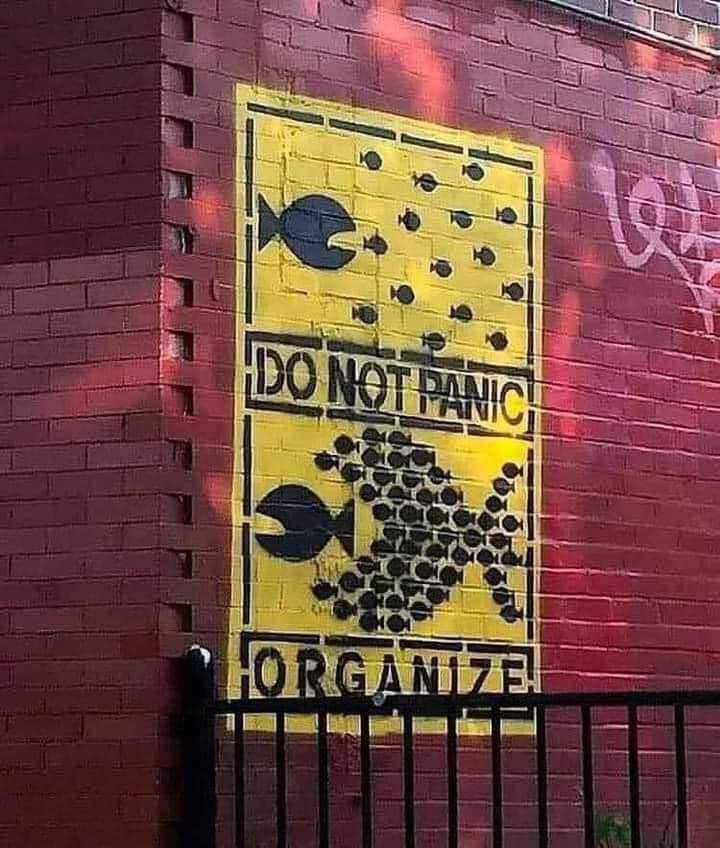With the #Fediverse gaining increasing #mainstreaming attention, we’re entering a familiar cycle, an influx of well-funded #NGO-branded projects trying to “fix” the #openweb by reshaping it in their own narrowing and to often blinded paths.
Take this year’s #chatteringclass event, #FediForum. Alongside breathless praise, last year, for #Threads joining the #opensocialweb space, we’re seeing the launch of shiny new tools: #BonfireSocial, #Channelorg, #Bounce. That promise innovation and ecosystem growth, but look closer, and you’ll see the #NGO pattern: branding over substance, silos in disguise, and a creeping return of the mini #dotcons under new, friendlier wrappers.
Let’s take Channel.org, On the surface, it looks like a #mainstreaming version of the #OMN project #indymediaback – community news channels, a grassroots publishing model, maybe even respectful federation. But scratch that surface and the cracks show quickly:
- The default feeds are anaemic #NGO fodder
- The orgs list reads like a who’s who of liberal foundations, with the usual hidden gatekeeping logic behind the scenes.
- And it’s yet another “pay or pray” model: either be a professional #NGO or get nudged out.
In short, it’s likely just more #techshit to compost. A well-polished box built to contain, not empower. A place where “participation” is narrow and boring. This isn’t to say there’s zero value. There will be overlap with what we’re doing in the #OMN and #indymediaback spaces. But experience tells us, these projects rarely cooperate. They prefer to rebuild from scratch, with branding and compliance hardcoded. They see networks as products to manage, not native cultures to nurture. In the end they sell out, it happens.
And the result? A growing layer of parasites attaching themselves to the living Fediverse. That familiar smell of funding cycles, strategy decks, and locked-down roadmaps. We’ve seen this before. We know where it leads. The real question isn’t what’s new? It’s what’s native?
We don’t need a branded reboot of the same paths, what we do need is more funded and sustainable grounded, messy, radically open alternatives. Ones with deep roots in social movement history, not just nice UX. Ones that resist capture, and refuse in the end to turn community into product.
That’s the path we’re on, if the NGO track wants to build parallel paths, fine. Just don’t expect us to be polite about this mess making, we’ve already walked that road too many times. Live and let live, compost #techshit and build real alternatives #KISS
You know your getting big when parasites like this start to attach… salt and branding irons come to mind.

